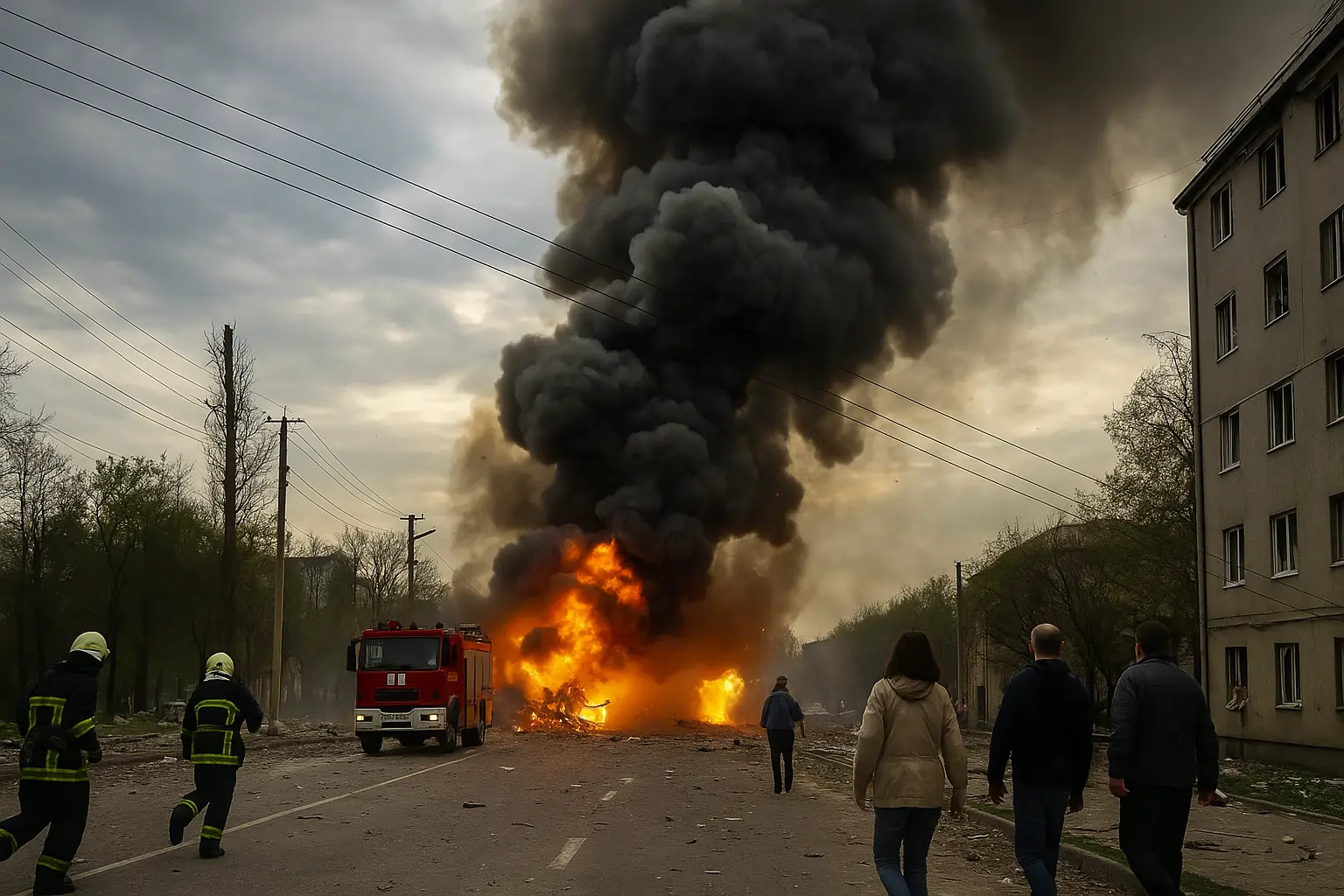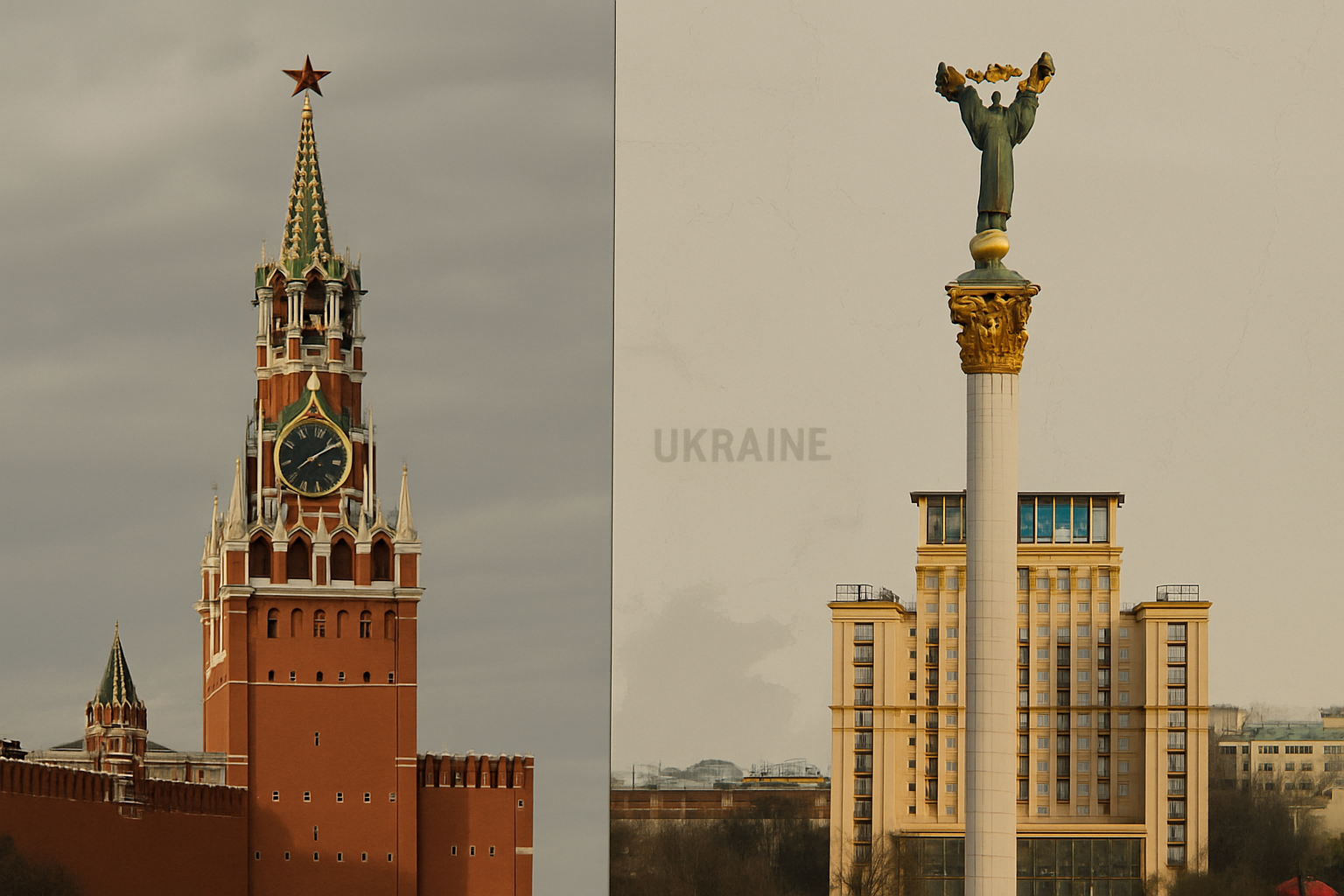In a tragic development that has added fresh strain to the already fragile ceasefire between India and Pakistan, two Turkish military operators lost their lives during a covert operation near the Line of Control (LoC). The incident, reportedly part of a surveillance and support mission, has raised fresh concerns over the widening scope of foreign involvement in South Asian conflicts.
The Incident
According to early reports from military sources on both sides, the two Turkish nationals were working as private military operators, likely contracted under a third-party defense arrangement. The operation — codenamed Operation Sindoor — was said to involve advanced reconnaissance missions along the volatile LoC region in Jammu and Kashmir.
The exact cause of their deaths remains unclear, but sources suggest they were killed in a sudden exchange of fire after a routine patrol turned hostile. Indian defense officials have neither confirmed nor denied their presence, while Pakistani sources allege the operators were aiding Indian intelligence operations.
The Turkish government has not yet made an official statement, but diplomatic channels between Ankara, New Delhi, and Islamabad are reportedly active following the event.
A Fragile Ceasefire Under Pressure
The India-Pakistan ceasefire agreement, originally reaffirmed in February 2021 after years of border skirmishes, has been under increasing pressure in recent months. While both nations have largely observed the truce on paper, sporadic violations, proxy movements, and cross-border infiltration attempts have kept tensions alive.
The presence of foreign military contractors—especially from a NATO-member country like Turkey—adds a new layer of complexity to an already sensitive geopolitical environment.
“This development is deeply concerning,” said a retired Indian Army officer. “The involvement of foreign nationals, particularly trained military operatives, suggests the conflict is expanding beyond traditional state lines.”
Global Implications
Turkey has in recent years attempted to expand its diplomatic and defense footprint across Asia, including developing closer ties with Pakistan. Ankara’s quiet but growing involvement in South Asian security dynamics is increasingly evident, whether through defense exports, joint military training, or informal strategic partnerships.
If confirmed, the deaths of Turkish personnel in this operation could mark the first direct loss of Turkish nationals in the decades-old India-Pakistan conflict, raising diplomatic alarms.
“This could very well spark a review of Turkey’s unofficial engagements in the region,” said a senior analyst based in Istanbul. “It’s a tightrope walk between asserting influence and avoiding entanglement.”
Families Left in Shock
Little is currently known about the identities of the two operators, but Turkish media outlets report that their families have been informed. Local reports indicate that they were part of a private security company with ties to Ankara’s defense sector.
One family member, speaking anonymously to the Turkish press, said, “We were told they were in South Asia on a training mission. We never imagined this would be the last time we’d hear from them.”
What Comes Next?
As investigations continue, both India and Pakistan are expected to issue clarifying statements. Meanwhile, international observers will be watching closely to see how Turkey responds — and whether this incident alters the balance of external influence in one of the world’s most volatile regions.
The deaths of these two operators serve as a sobering reminder: even in times of declared peace, the reality on the ground remains unpredictable, and human lives continue to be caught in the crossfire of geopolitical maneuvering.
Also read:-
India-Pakistan Ceasefire: Turkas will not be able to save Pakistan even by giving all wealth, just so much status in front of India’s India






